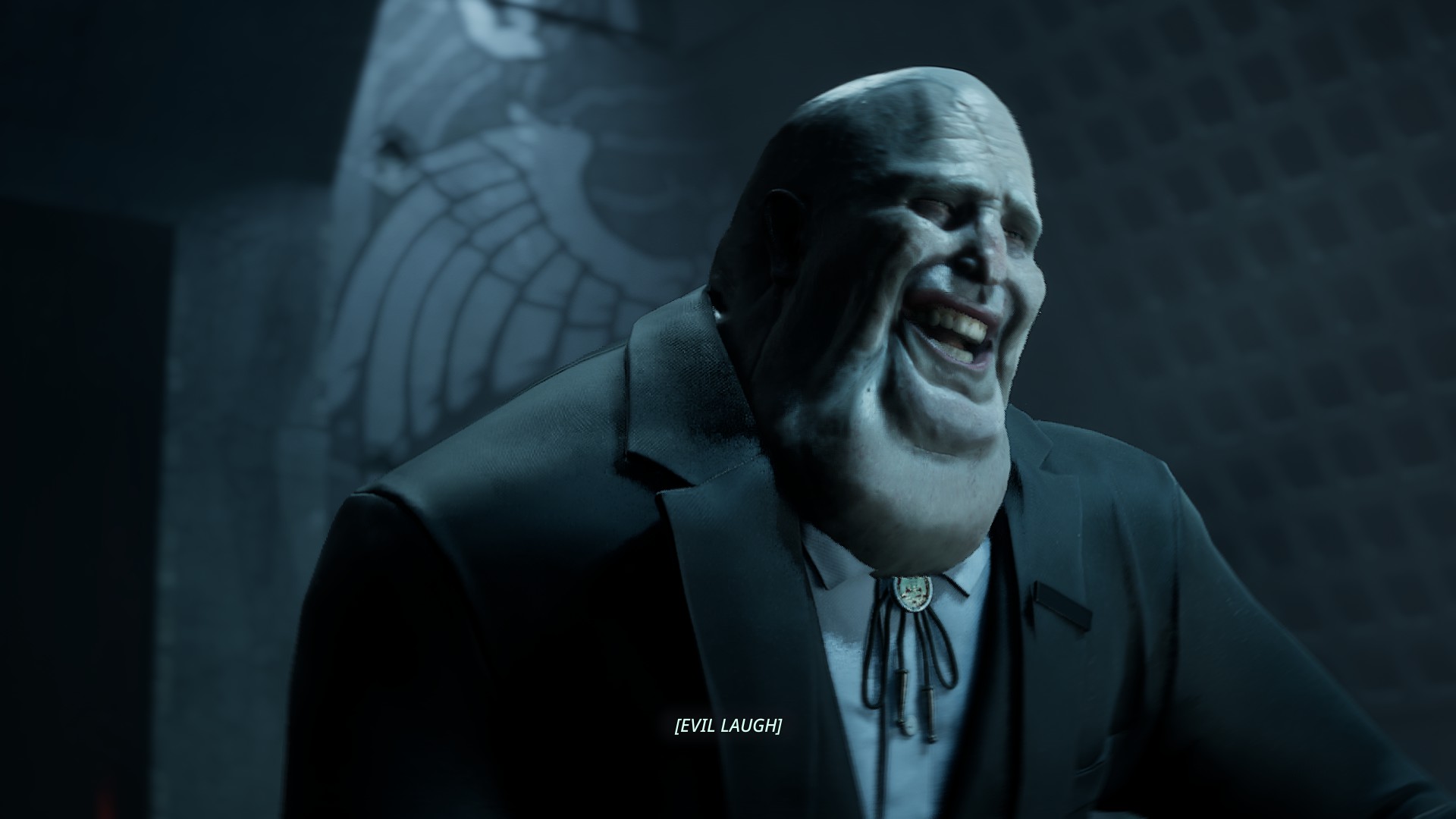Romancing SaGa 2 is a remake of a weird, obtuse game that seemingly shouldn't exist, yet it defies the odds by sticking to what made it so unique in the first place
Over three decades of defying RPG standards.
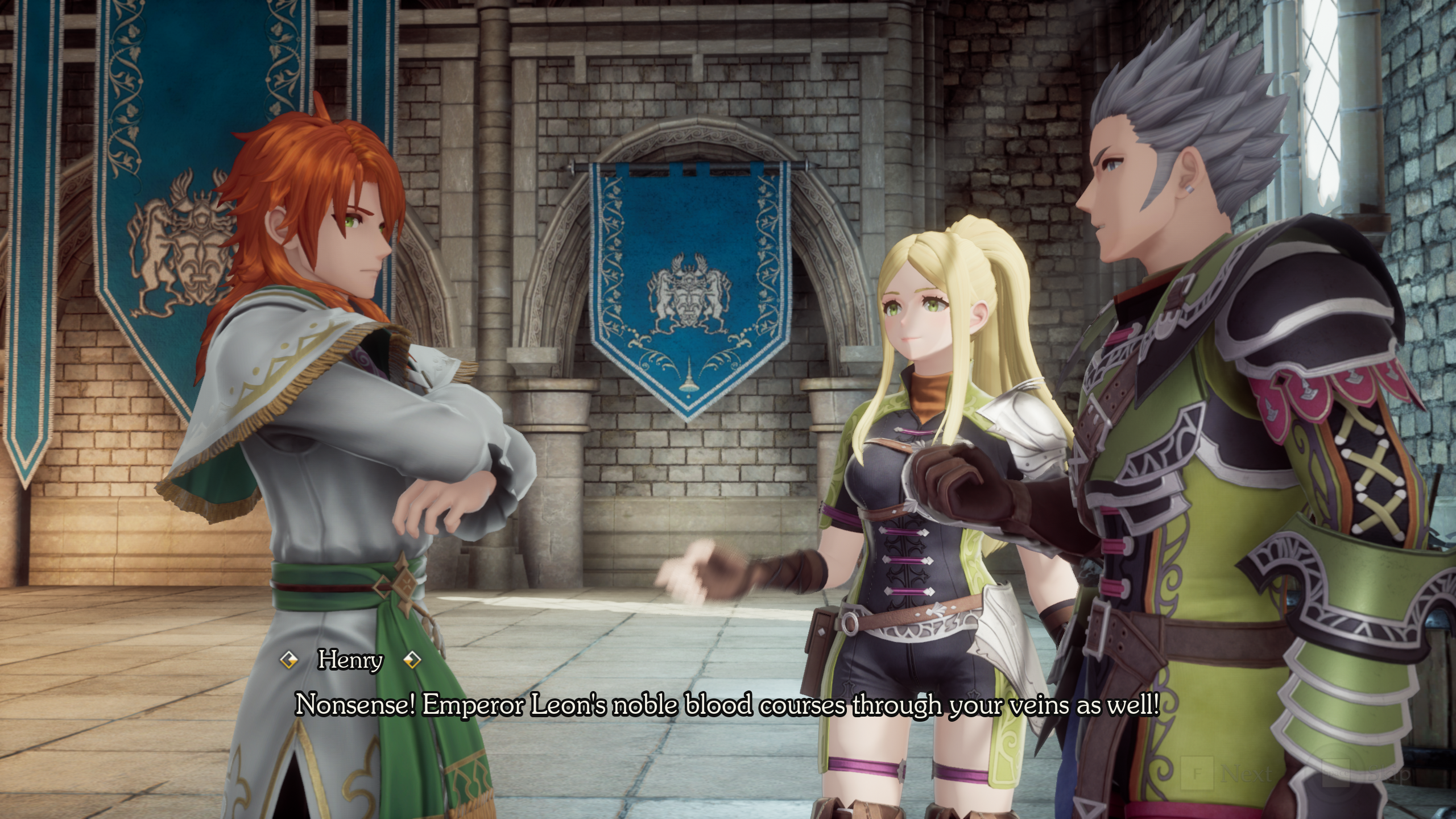
The emperor's dead, long live the emperor.
In any other RPG an event like that would either be the climax of a game-long adventure, or serve as the dramatic turning point in an epic tale. But Romancing SaGa 2 isn't like any other RPG. Here, passing the imperial torch happens when my team's leader—also the ruler of a kingdom and defeater of ancient evils—falls in battle. There's no game over screen, no restart, no sad mourning, I'm just straight back to the throne room to pick their successor. I'm then expected to carry on from where they left off, like it's the most ordinary thing in the world.
Ordinary is one thing SaGa's definitely not, never has been, and never will be. In fact it's so out of the ordinary I'm convinced this remake shouldn't exist. Surely if any game shouldn't get a lavish 3D remake, especially when the gaming industry at large is busy chasing ever-higher AAA budgets and 'forever' games no matter how unsustainable they are, it's Romancing SaGa 2: a remake of a weird and often player-hostile niche Japanese SNES game from 1993. It last resurfaced on PC years ago in a minimal-effort mobile port and, somewhat understandably, released to little English-language interest or praise.
I don't think I could love this new take on an old oddball more if I tried.
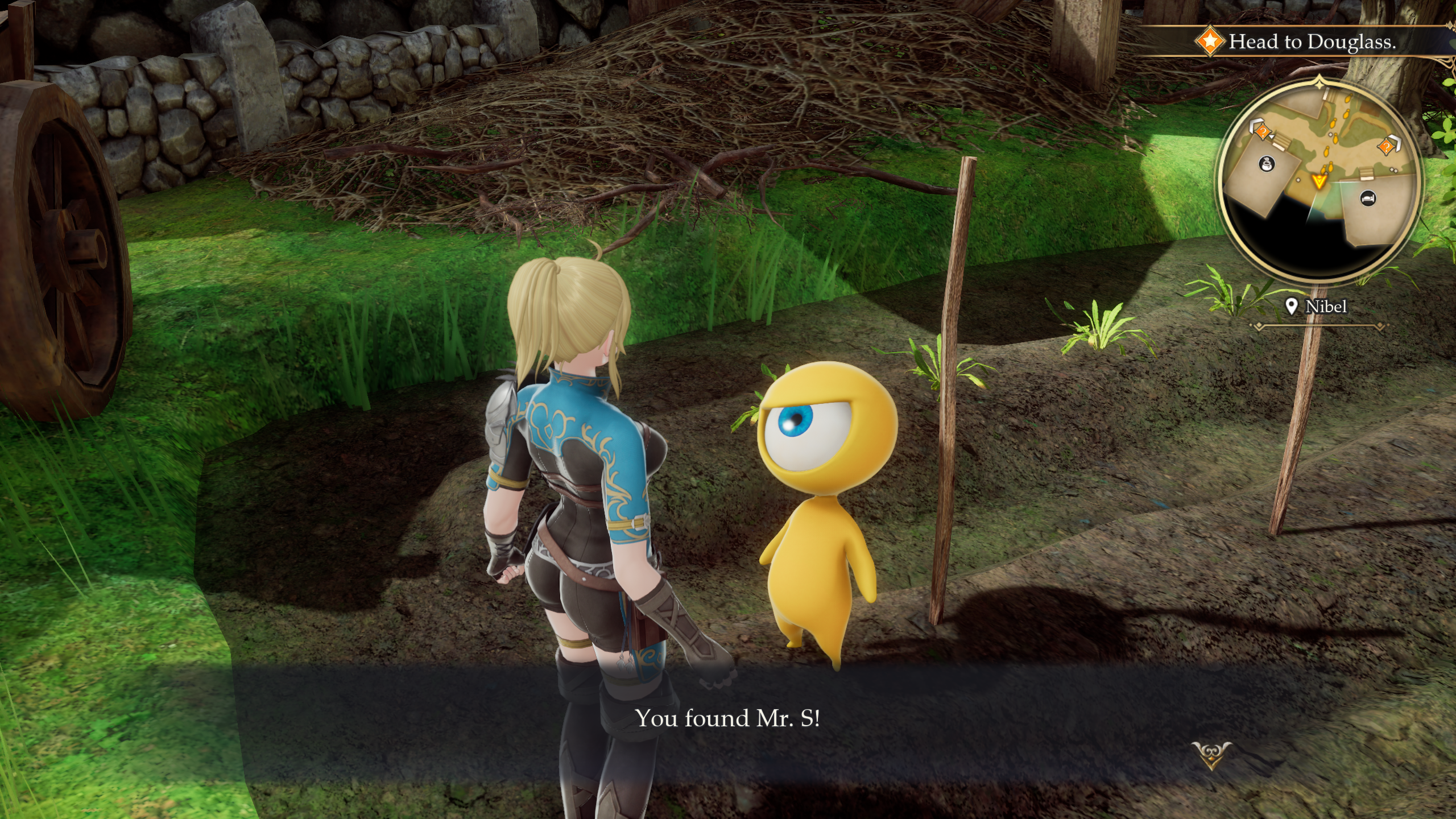
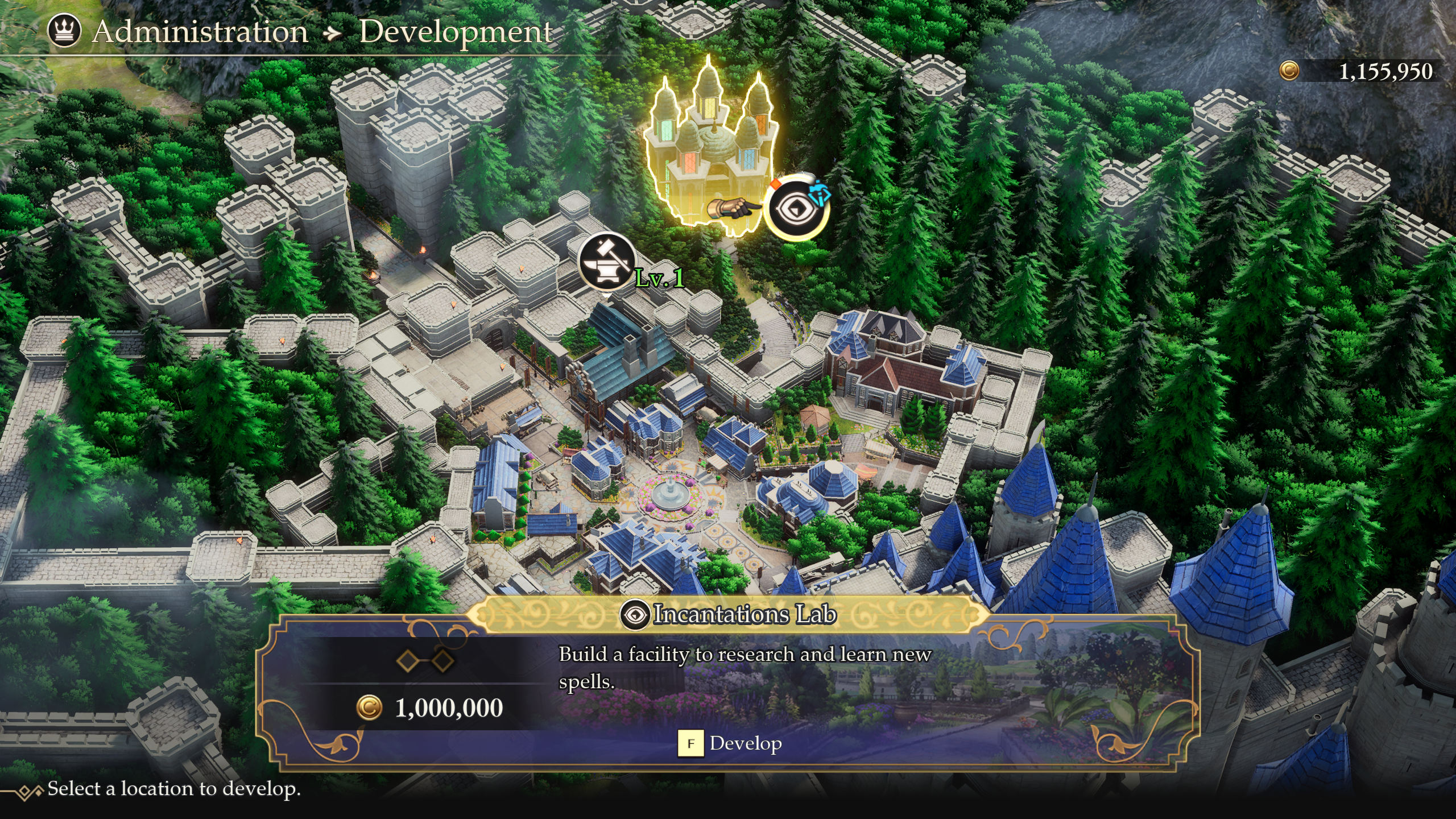
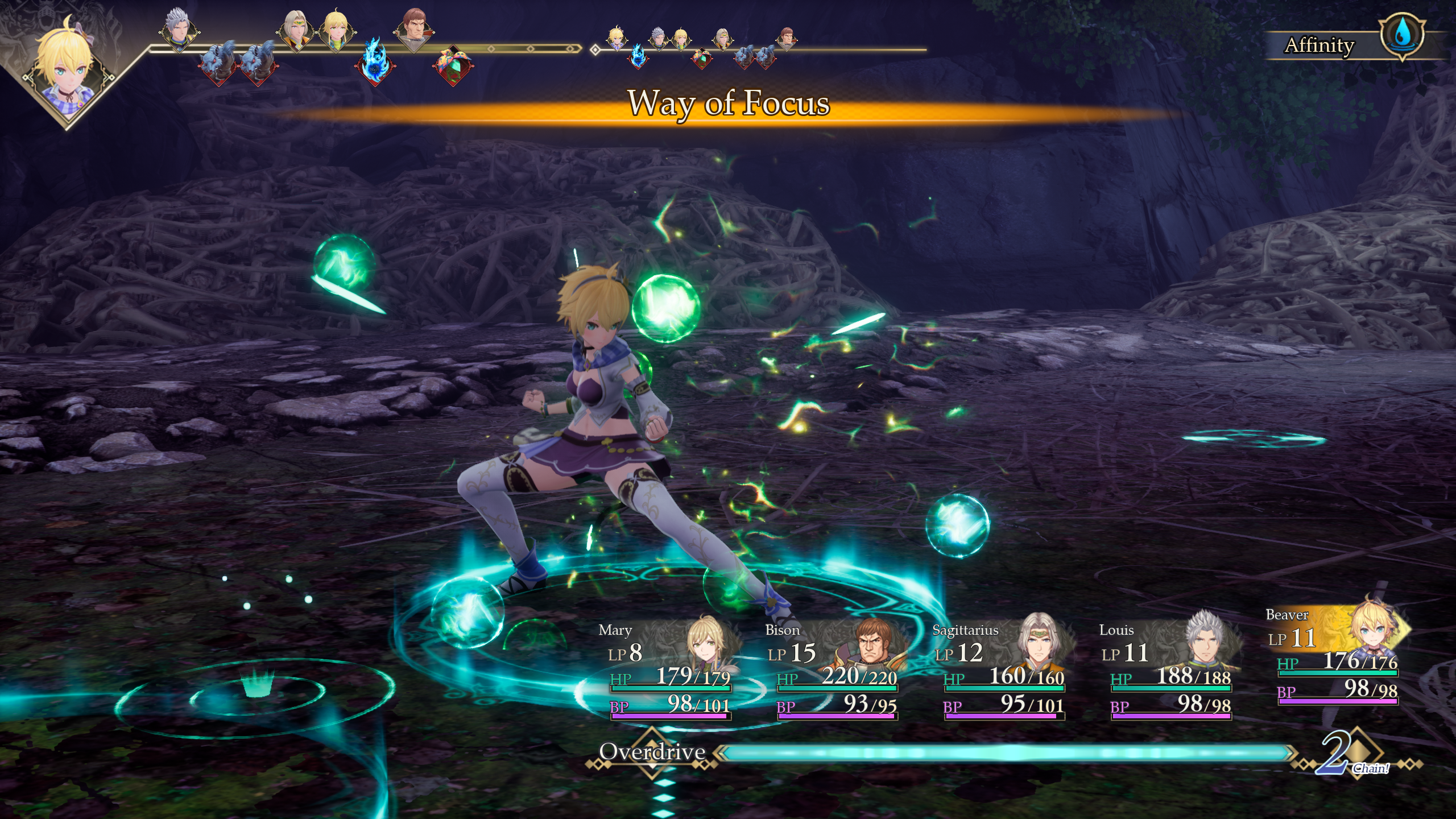
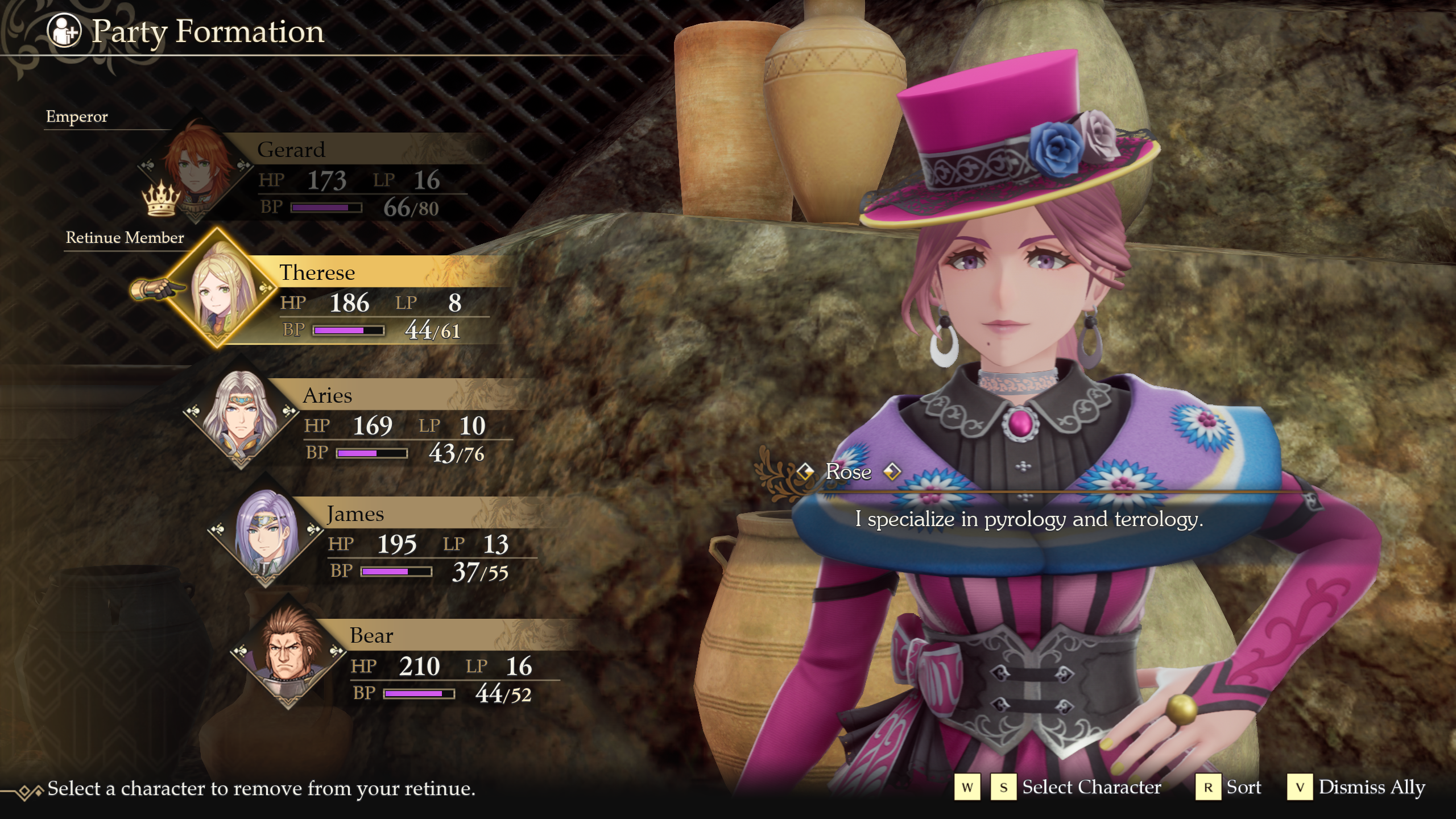
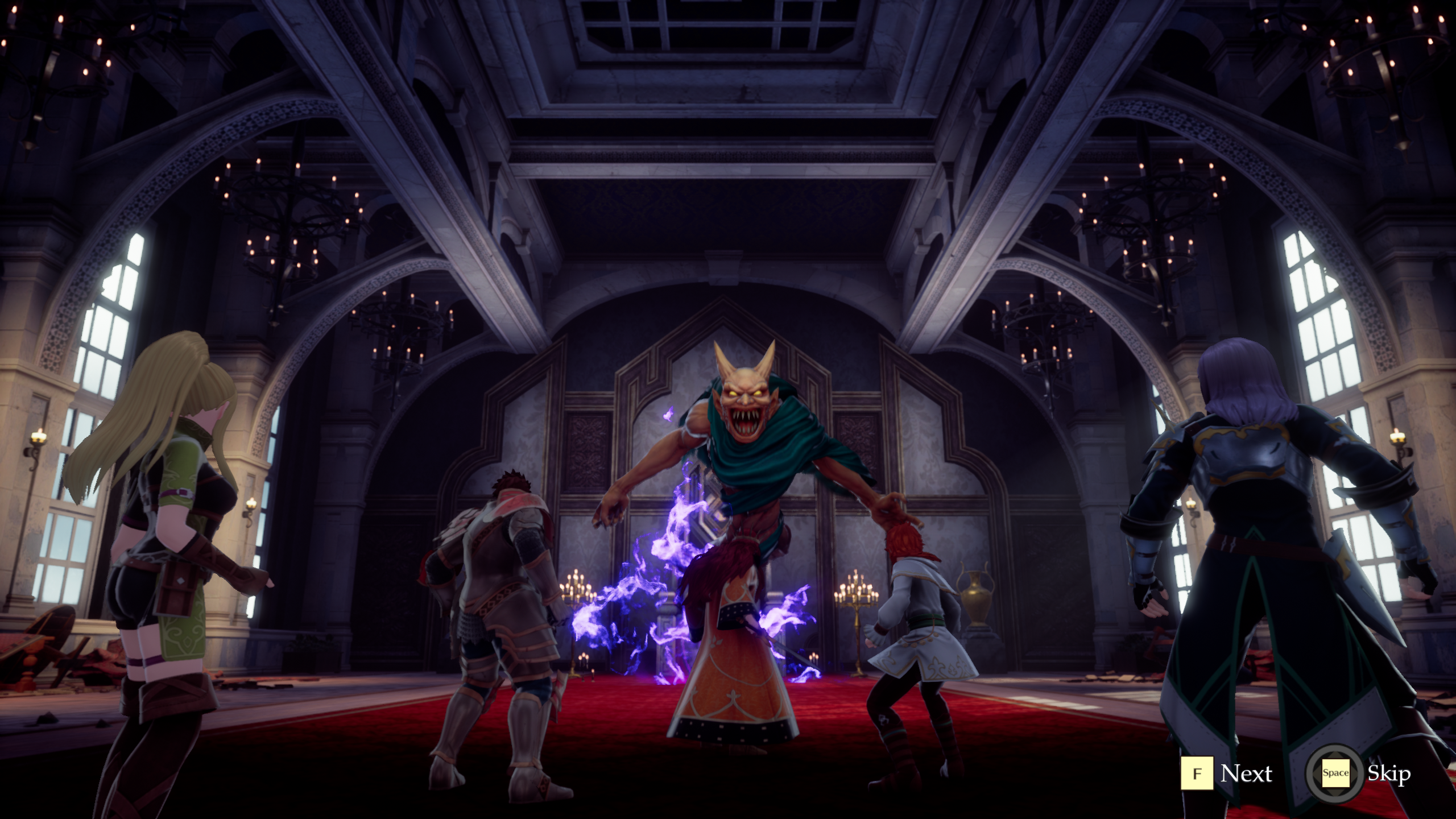
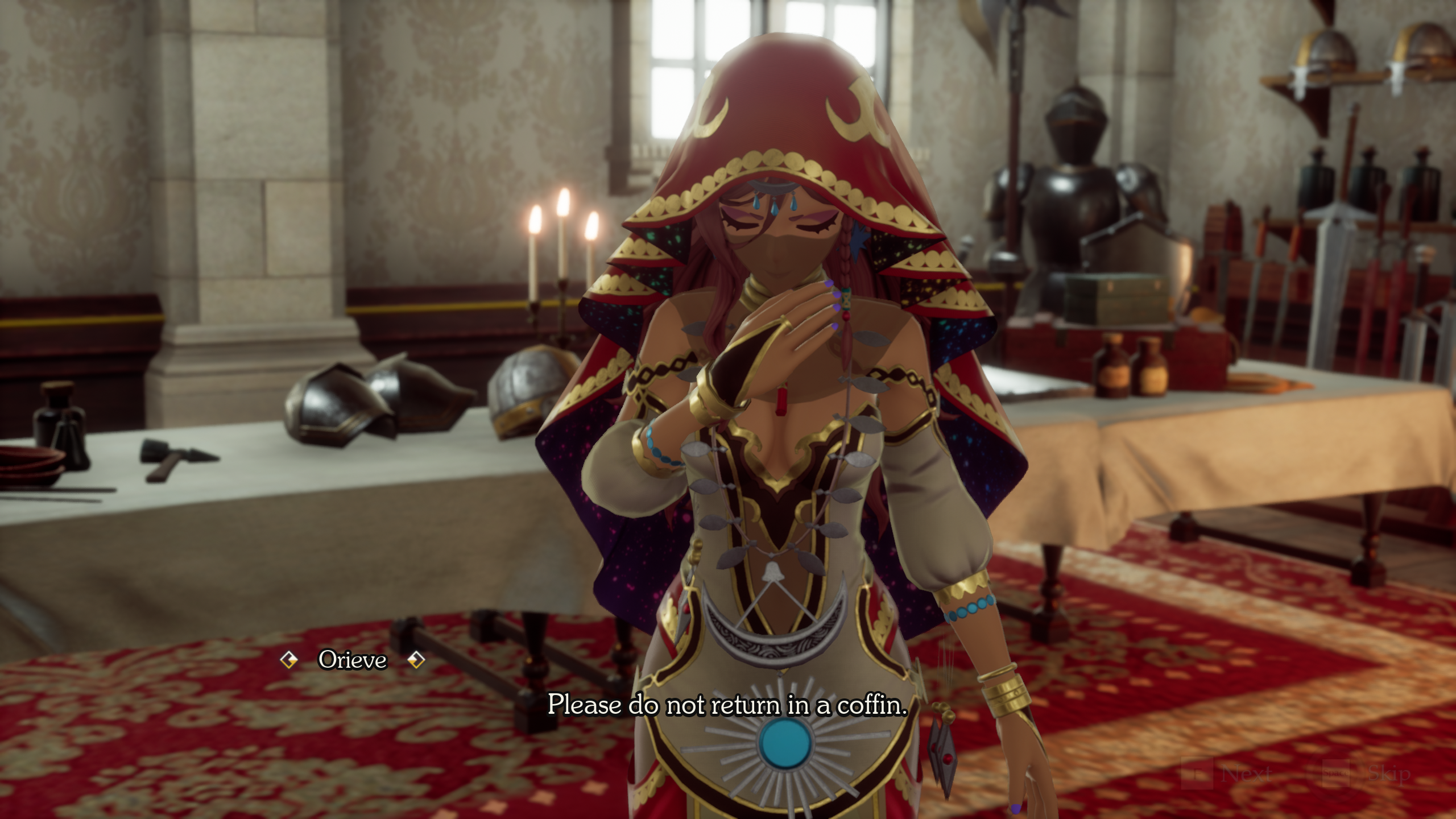
Do not let SaGa fool you: it is never normal.
This remake of the 1993 original has disguised its rule-breaking revelry with an appealing layer of familiar modernity. Markers on the minimap are happy to lead the way to the next plot-critical area or NPC, and objectives frequently pop up when something significant happens, making it easy to know exactly what I'm supposed to do next. Even the loading screens try to help out, bringing up general tips and descriptions of various battle mechanics.
The remade graphics also do their best to feel unthreateningly mainstream, bringing that unmistakable SaGa colour and style—think vibrant colours, shining golds, and fine silken robes, like everyone got dressed after a wild shopping spree at a magical marketplace—to 2024 without opting for the distinct and occasionally alienating cel-shaded or watercolour-like styles found in some older entries.
Keep up to date with the most important stories and the best deals, as picked by the PC Gamer team.
But everything else, from monster design that makes the cute bunnies scary and scary eyeball monsters cute, the sprawling generational skill inheritance system, and working out how to pay for the capital city's ever-growing number of useful facilities, remains impressively close to the '90s original's divisive charms. I am cut loose after just a few short tutorial hours and left dealing with true, terrifying, freedom. There's a selection of quests and tasks to do, and they all seem important to the heroes and the empire they protect in some way, but which one do I do first? What if I pick a tough one before I'm ready? Or I feel like I'm ready for several but one of them happens to trigger a generation-long time skip just as I was getting comfortable with my current team?
And what about the choices I make while I'm out there, questing away? Do I rush to help someone who seemed quite keen on hanging me out to dry a few moments earlier? Do I hold back and let another group clear out a dangerous area for the sake of their reputation, or charge in and get the job done before anyone comes to harm? It all matters, every choice—and not always the obviously heroic ones either—make a long-term difference to who's prepared or even able to fight by the side of the empire.
Even outside of defined events, every action I take seems to create a ripple that stretches outwards in a hundred different ways. Maybe I'll pick the "wrong" party member for a quest, and their inability to exploit the same common weakness everyone else is bringing to the table leads to them quickly developing a knack for something I'll rely on later. Maybe I'll pick the perfect ally instead—and because I've leaned too heavily on them they'll fall in battle one time too many, their fixed and finite quantity of Life Points extinguished, forcing me to replace them with someone else.
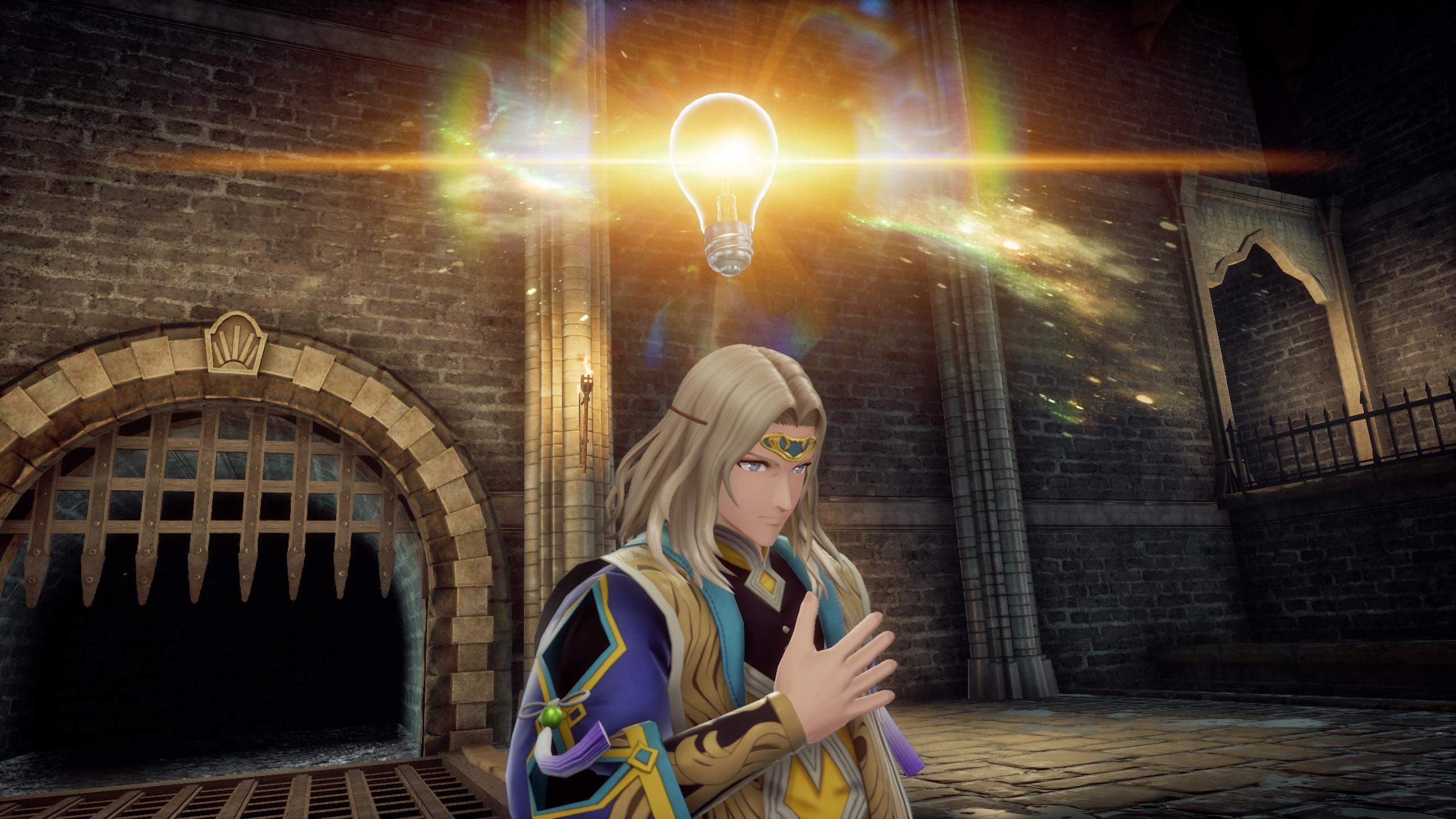
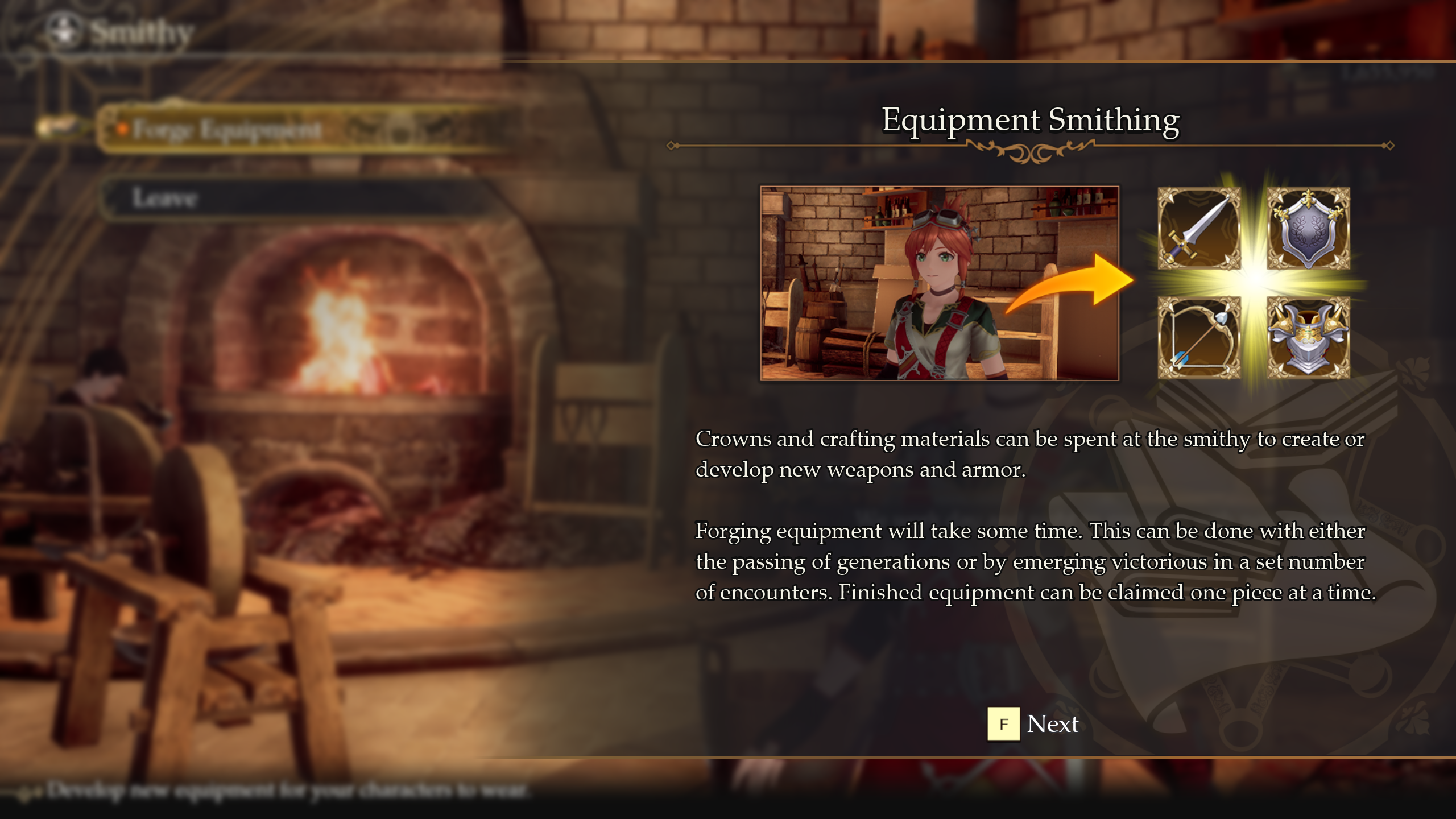
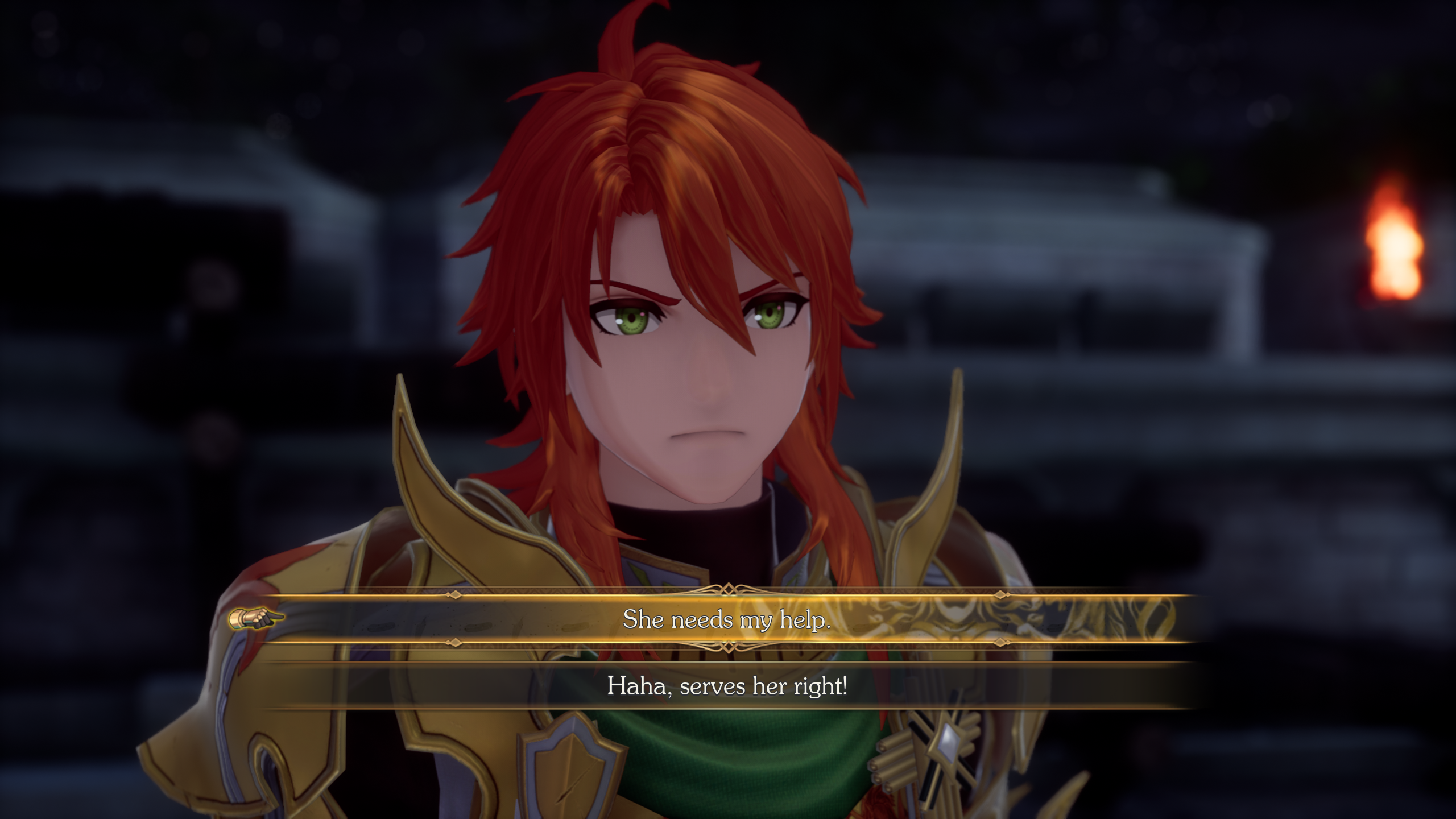
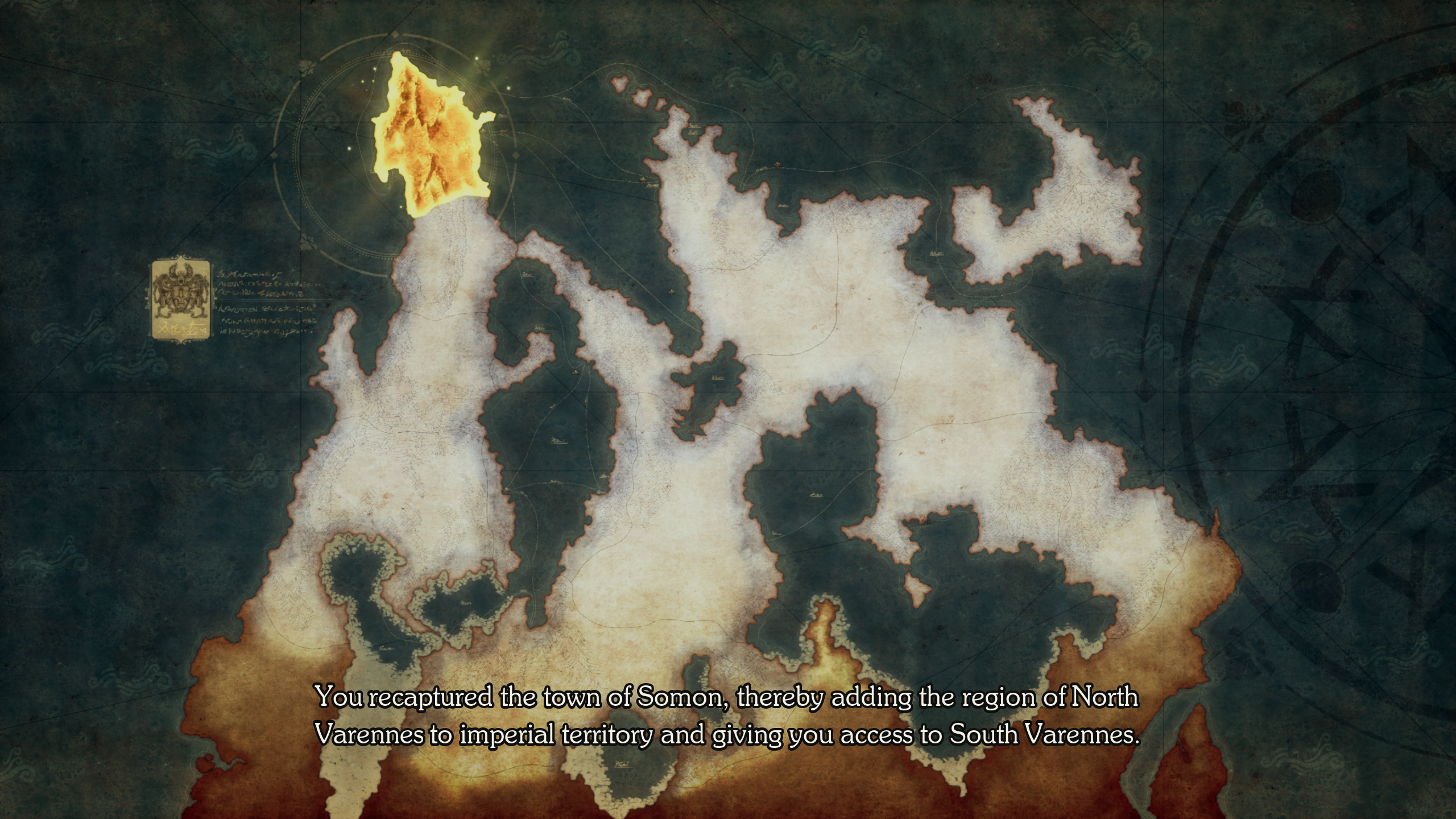
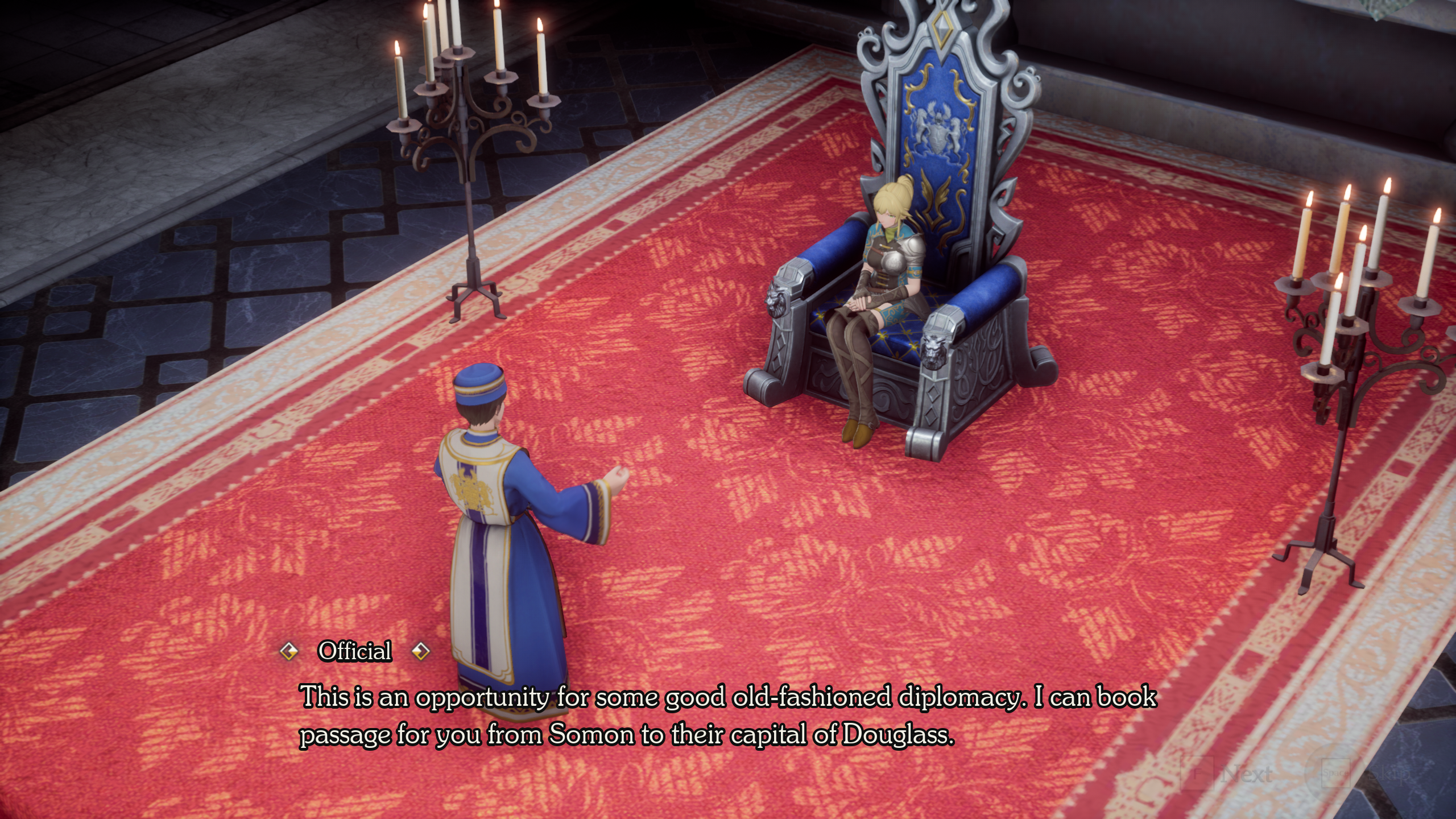
Maybe I should've done something a little less challenging while I was waiting on the weapons I ordered the town blacksmith to develop, or checked in with the castle soldiers to see if they had a new battle formation to teach me.
The real secret to getting a grip on this game, and the series in general, is to learn to let go. These aren't "wrong" choices to be save scummed and course-corrected the way you might in, say, The Witcher 3. Unpredictability is all part of what makes playing Romancing SaGa 2's so exciting, and I'm happy that hasn't changed in over three decades. Every run is unique, the story moulded by systemic twists that are often humbling. This game is more than content to throw a spanner in the works when I least needed or expected it. And I'll pick myself up and carry on anyway, even when another emperor dies. The game wants me to roll with the punches, to make do with whatever I've amassed for myself rather than mindlessly follow a pre-mapped path to one clearly defined end, no matter how straightforward its quests make things seem.
I can't tame SaGa—and it's such a wonderful, painful, and yes, weird experience, that I wouldn't want to anyway.

Kerry insists they have a "time agnostic" approach to gaming, which is their excuse for having a very modern laptop filled with very old games and a lot of articles about games on floppy discs here on PC Gamer. When they're not insisting the '90s was 10 years ago, they're probably playing some sort of modern dungeon crawler, Baldur's Gate 3 (again), or writing about something weird and wonderful on their awkwardly named site, Kimimi the Game-Eating She-Monster.

